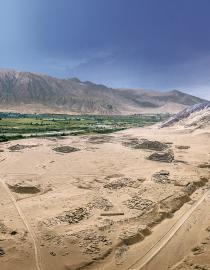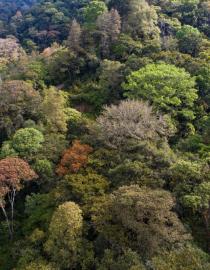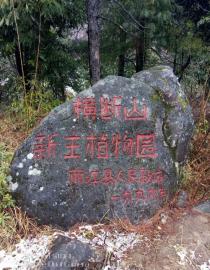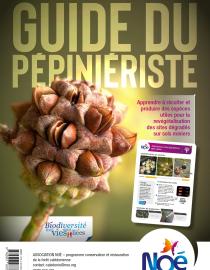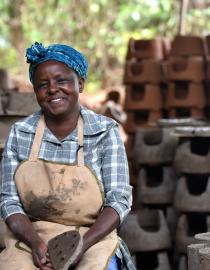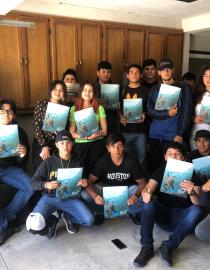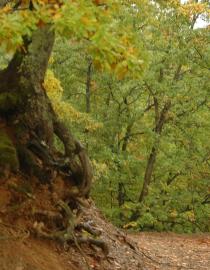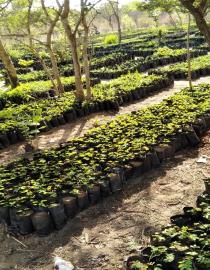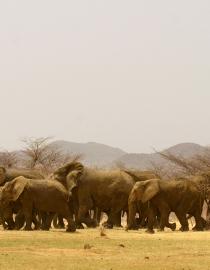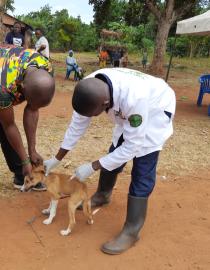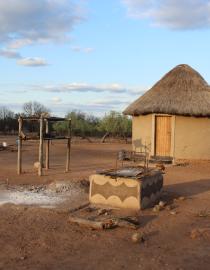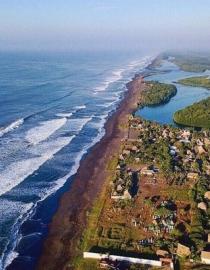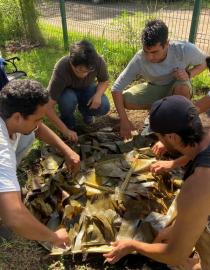
solutions
Les modalités de structuration d'une filière de plants à destination de la restauration écologique sont établies
Un classeur de fiches techniques adaptées aux populations locales est créé et diffusé
Les communautés locales ont acquis les savoir-faire requis pour récolter des graines et produire des plants pour la restauration écologique des sites dégradés
Sustainably scaling up the production of improved cookstoves
Via behaviour change communication increasing the demand for improved cookstoves
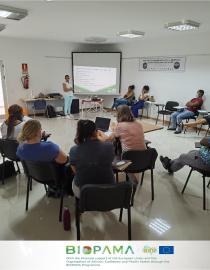
1 Engaging key stakeholders
2 Training and coaching
3 Identifying sources of data
4 Interpretation of the assessment results
Increase woody biomass sources
Sustainable management of forest resources
Reduce demand on wood energy
Support government strategies for a sustainable wood energy value chain
Applying a complex-systems approach to address a conservation challenge results in improving multiple SDGs
Using a truly co-creative and locally adapted approach to community and stakeholder engagement and governance
“Elephant-centred” community-based natural resource management (CBNRM) as peace-building.
Building a network of partnerships and aligning interests around a common vision - Don’t go it alone.
Community resource governance in support of protected area and landscape planning (top-down/bottom-up synergy)
Fully transdisciplinary project
Process vs. Technical innovation
Time & resources
No blue print
Local culture is central for innovation
Success lies beyond the project

